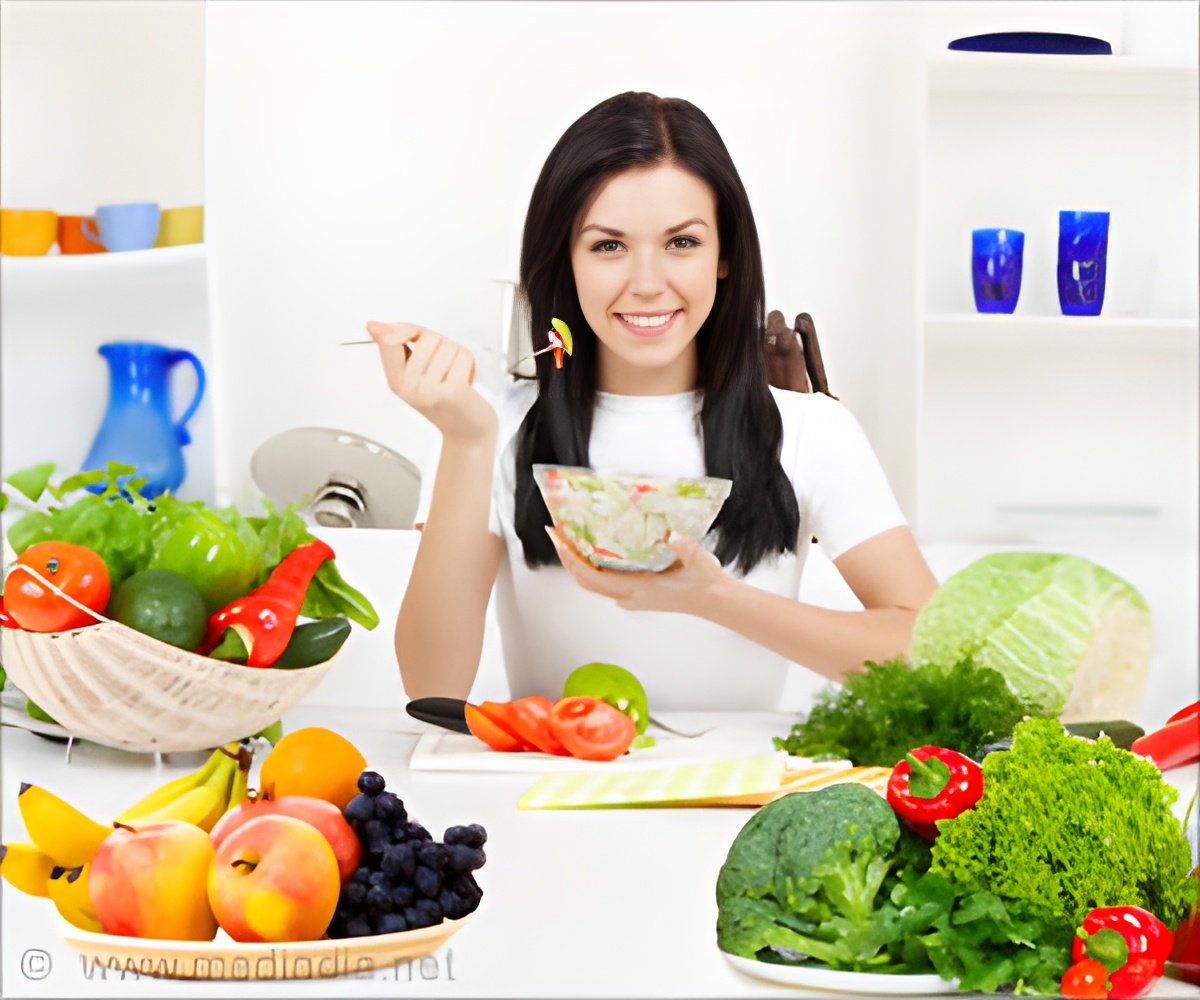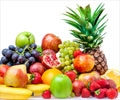Women eating more fruits and vegetables are at less risk of breast cancer when compared to those who eat fewer fruits and vegetables, says researcher from Harvard T.H. Chan School of Public Health.

TOP INSIGHT
Yellow-orange vegetables and cruciferous vegetables such as broccoli have a significant association with lower breast cancer risk as they are rich in antioxidants and other micronutrients.
They found that women who ate more than 5.5 servings of fruits and vegetables each day had an 11 percent lower risk of breast cancer than those who ate 2.5 or fewer servings. (A serving is defined as one cup of raw leafy vegetables, half a cup of raw or cooked vegetables, or half a cup of chopped or cooked fruits.)
To find out whether the benefits of fruit and vegetable consumption differed among various types of breast cancers, the researchers analyzed tumor hormone receptor status and molecular subtype. They found that higher consumption of fruits and vegetables was mainly associated with lower risk of more aggressive tumors including ER-negative, HER2-enriched, and basal-like tumors.
Previous work by this research group linked reduced breast cancer risk with higher fiber intake, but the benefits of fruits and vegetables found in this study appear to be independent of their fiber content, according to the researchers. This suggests that other constituents of these foods, such as antioxidants and other micronutrients, may also be important in reducing breast cancer risk.
"While a diet with lots of fruits and vegetables is associated with many other health benefits, our results may provide further impetus for women to increase their intake of fruits and vegetables," said senior author Heather Eliassen, associate professor at Harvard Medical School and Harvard Chan School and associate epidemiologist at Brigham and Women's Hospital.
Source-Eurekalert
 MEDINDIA
MEDINDIA




 Email
Email










